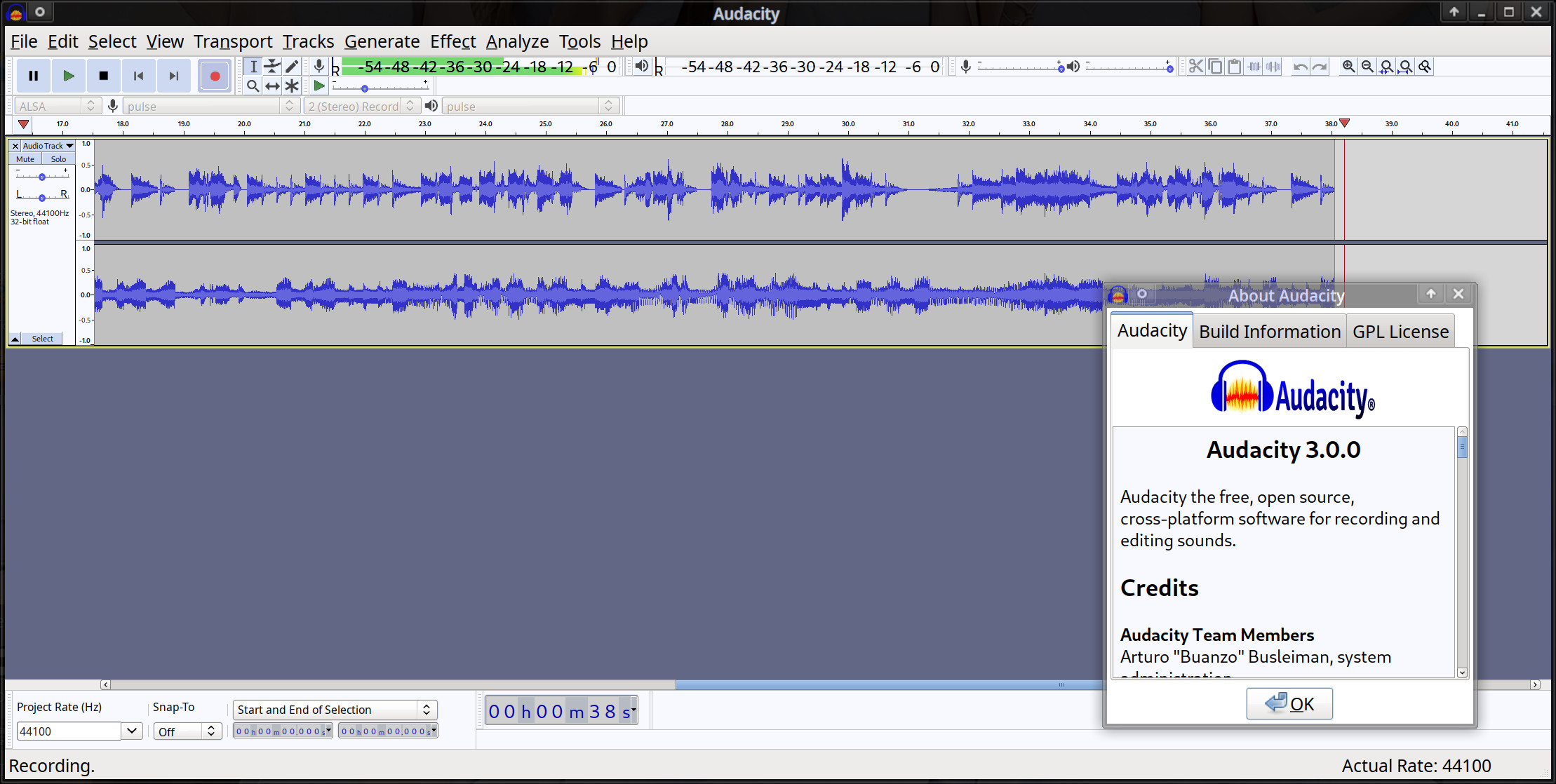Although M4A is always considered the successor to MP3, it isn't as ubiquitous as the latter. For example, the famous free digital audio editor, Audacity, doesn't offer a native support for it. You may have tried to import M4A into Audacity but failed. Actually, there are two good methods for you to work it out – You can either install the FFmpeg library for Audacity or convert M4A to Audacity with HD Video Converter Factory Pro:


Audacity Extension

The open-source software program Audacity is available for PC/Mac/Linux and is very easy to use to check files and convert the files if necessary. Audacity can also be used to trim audio files to just a small clip you might want as a phrase or sound effect. The Audacity online manual has information on doing the trimming and more. Audacity can import many common audio file formats, including WAV, AIFF, and MP3. If the optional FFmpeg library is installed, a larger range of formats, including WMA and the audio content of most video files, can be imported. Audacity cannot import copy-protected music files.
Audacity Format Export
Import sound files, edit them, and combine them with other files or new recordings. Export your recordings in many different file formats, including multiple files at once. Import and Export WAV, AIFF, MP3, AU, FLAC and Ogg Vorbis files.; Fast “On-Demand” import of WAV or AIFF files (letting you start work with the files almost immediately) if read directly from source. Other uncompressed files: includes all the uncompressed audio formats that Audacity can export, including 4-bit (A)DPCM, 8-bit U-Law/A-Law, 24-bit, 32-bit and 64-bit options. Also GSM 6.10 WAV (mobile) which produces a mono WAV file encoded with the compressed, lossy GSM 6.10 codec as used in mobile telephones. AudacityonOSX.dmg file to reveal the pkg file. The installer wizard window opens. If prompted, choose the location where you want to save the file. The first time you export your recording from Audacity's file format to mp3, you will have to locate the file.
